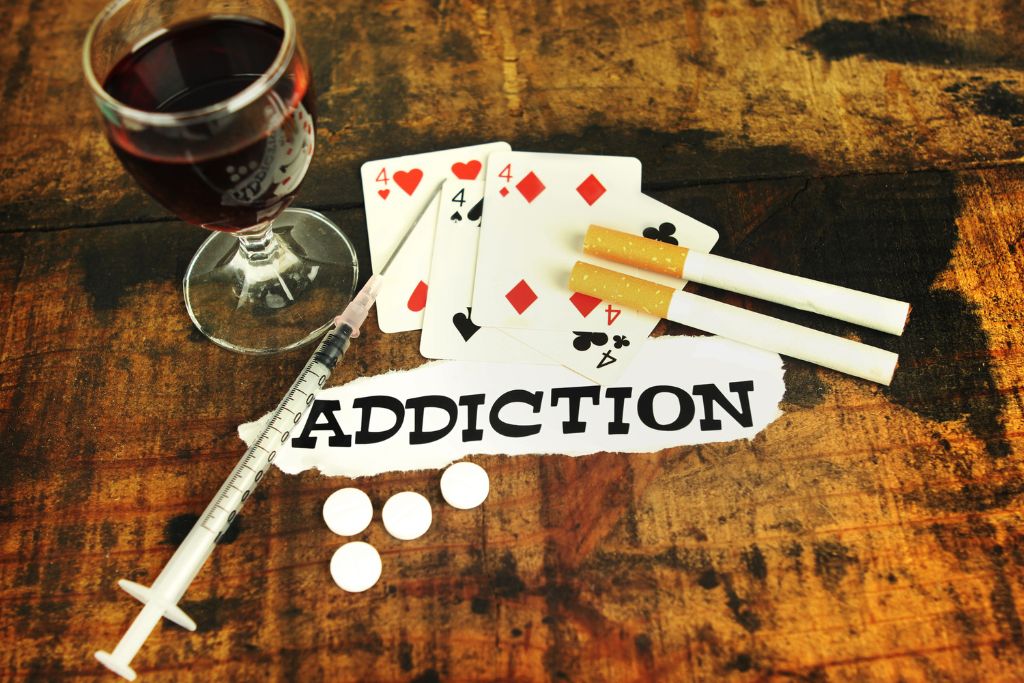People who have a gambling disorder may experience serious problems, including depleting savings and damaging their personal relationships. They may even become dependent on drugs or alcohol to cope with their negative feelings. In the fifth edition of the APA’s Diagnostic and Statistical Manual, gambling disorder is grouped with substance abuse disorders. Psychiatrists often treat this condition with cognitive-behavioural therapy. This treatment involves changing unhealthy thinking and behaviours, such as rationalizing and false beliefs about gambling.
Addictions
Gambling addiction affects individuals of all ages, races, genders and socioeconomic backgrounds. It can lead to financial ruin and cause significant strain on relationships. It is also linked to a number of mental health disorders, including depression and anxiety. It is important to know the signs and symptoms of gambling disorder so that you can seek help.
Until recently, the psychiatric community viewed pathological gambling as an impulse control disorder, a fuzzy group of somewhat related illnesses that included kleptomania and trichotillomania (hair-pulling). However, in the latest edition of the Diagnostic and Statistical Manual of Mental Disorders, the American Psychiatric Association decided to move it to the addictions chapter, along with other behaviors such as problematic Internet use and compulsive sexual behavior.

The APA’s decision was based on numerous studies in psychology, neuroscience and genetics that have improved neuroscientists’ understanding of the mechanisms that contribute to addictions. It’s also based on research that suggests that a person with a gambling problem may be at risk for developing secondary addictions in an attempt to cope with the guilt or shame associated with their gambling.
Compulsive behavior
Compulsive behavior is a complex issue and can be treated with various therapies. Some of these involve cognitive behavioral therapy (CBT), mindfulness practices and acceptance and commitment therapy (ACT). Having an accurate diagnosis is crucial to selecting the right treatment approach. It is also important to find a mental health professional who has the experience with compulsive behaviors.
One way to define compulsive behavior is through its phenomenological component, which describes the feeling of having to perform a certain act while knowing that it is unwanted or unnecessary. This definition is particularly suitable for cross-diagnostic research, as it does not require information about the motivational undertones of the behavior.

Another way to identify compulsive behavior is through its observational elements. For example, exercise can be compulsive if it disrupts work or family life, causes distress or anxiety, or jeopardizes physical or mental health. It can also be a sign of depression or an eating disorder.
Pathological gambling
While many people gamble occasionally, for a small percentage of individuals, this can become an addiction that leads to financial ruin, family problems, and even criminal behavior. Pathological gambling is a serious disorder that can be treated with therapy and medication. Often, people who suffer from compulsive gambling are also suffering from other mood disorders such as depression or bipolar disorder. Some may be taking medications that cause side effects such as irritability or anxiety, which can contribute to compulsive gambling.
Symptoms of pathological gambling include preoccupation with gambling, craving, tolerance and the need to wager increasing amounts to achieve excitement. The behavior normally begins in adolescence for men and later in life for women. It can cause serious personal, family and work problems and often leads to a lifetime of debt and legal troubles.

Several studies have shown that pathological gambling is hereditary. Twin studies have linked this behavior to specific allele variants of dopamine receptor genes and monoamine oxidase A. It is also more common among people with a co-occurring mental health diagnosis such as depression, anxiety, or impulse control disorders like ADHD.
Treatment
While gambling disorder is relatively rare, it can cause serious problems for individuals and their families. It often co-occurs with other disorders, such as substance use disorders and anxiety. It can also trigger relapse in these disorders. Because of this, it’s important that practitioners screen for gambling disorders and provide specialized training to identify and treat this condition.
Gambling disorders can be treated in many ways, including cognitive behavioral therapy and motivational interviewing. These methods can help you overcome your compulsive gambling behaviors and develop a new way of thinking. You can also find treatment through support groups, such as Gamblers Anonymous.

Symptoms of gambling disorder include lying to family members about the amount of time or money spent on gambling, making multiple unsuccessful attempts to cut back or quit, and feeling restless or anxious when trying to stop. These symptoms can lead to financial or legal problems and damage relationships and work performance. They can also increase your risk of suicide.
Gambling’s possible mental health effects have long questioned its illness status. Maintaining optimal health becomes crucial as people deal with this situation. The article “The Top 5 Habits for Maintaining Optimal Health” provides helpful insights into well-being practices. Health can be achieved through prioritizing exercise, nutrition, sleep, stress management, and social interactions. Understanding and adopting these practices helps reduce the mental health risks of gambling and other activities.






